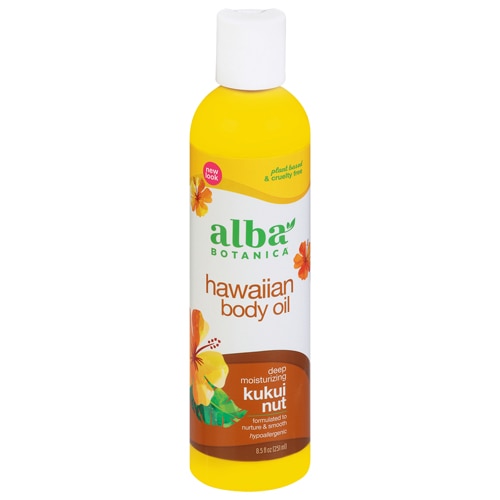Cracked heels, itchy hands, a tight scalp, an ashy complexion—these aren’t just beauty woes but telltale signs something may be going on with your health.
“Almost every health condition translates to the skin,” says Dr. Francesca Fusco, an assistant clinical professor of dermatology at Mount Sinai Medical Center in New York City. “When something isn’t functioning well on the inside, the clues start appearing on the outside.”
And it’s no wonder: As your body’s largest organ, your skin can hardly hide what’s transpiring inside. In other words, don’t just slap some salve on your scaly skin and hope for a quick recovery—rather, take note of these 3 things your dry skin may be telling you:
1. You’re dehydrated
Summertime might be synonymous with lemonade and frosty cocktails, but the hotter temps do more than up the ante on your discomfort. Dehydration is a frequent concern (well after summer ends, at that), which can lead to dry skin and its myriad side effects, such as fine lines and irritation.
The remedy? Drink plenty of water to ensure your skin is well-hydrated, eat water-rich fruits and vegetables like watermelon, oranges, lettuce, celery and spinach, and dodge—or curb—your intake of natural diuretics like coffee, caffeinated tea and alcohol.
But what if I sweat—a lot—you might ask? No matter: Dehydrated skin is less about oil (and that oily skin that sweat produces) and more about a sheer—and simple—lack of water.
2. You’re deficient in omega-3s
Omega-3 fatty acids are nutritional powerhouses: They naturally support brain and heart health, organically encourage protection against health issues and may aid in slowing the effects of aging.
With that in mind, it makes perfect sense that a deficiency in them might be mirrored in your complexion.
“These fatty acids are responsible for the health of the cell membrane, which is not only what acts as the barrier to things that are harmful, but also the passageway for nutrients to cross in and out and for waste products to get in and out of the cells,” says Dr. Ann Yelmokas McDermott, a nutritionist at the Jean Mayer USDA Human Nutrition Research Center on Aging at Tufts University in Boston.
The solution to this deficiency rests in striking a balance between the types of fat you consume. The average American diet contains a surplus of omega-6 fats such as vegetable oil, beef and chicken, and a shortage of omega-3s. The ideal ratio for supple skin and overall health is four to one: you need to ingest four times as many omega-6 fats as omega-3s.
To achieve this, rethink the types of oil you eat. Soy, safflower and sunflower oil—which are often hidden in processed foods—ought to be replaced with nutrient-rich fats like walnuts, chestnuts and flax oil. In addition, consider increasing your consumption of low-mercury fish. Salmon, herring and freshwater trout might just take your skin from dull to glowing—while, importantly, boosting your health in general.
3. You have poor fat absorption
Say you eat fats on a regular basis—and good ones too, like avocado, extra virgin olive oil, almonds and sardines—and you still have dry, itchy skin. What gives?
One possible culprit could be poor fat absorption. Otherwise known as steatorrhea or fat maldigestion, this inability to absorb fats properly can show up in a flaky complexion or taut-feeling skin (as well as contribute to issues like hormone imbalance and stomach pain) and happens when, Healthline reports, “something prevents the bowel from absorbing important nutrients and fluids”—fat among them.
While your physician should evaluate you for conditions like intestinal damage, Crohn’s disease, celiac disease or lactose intolerance, you can also take matters into your own hands. Digestive enzymes that contain lipases can be taken to aid in the breakdown of fats so they can be absorbed in the intestines.†
You might also want to consider supplementing your diet with bile salts. (Bile emulsifies fats in your diet, and bile deficiency may also play a role in poor digestion of fats and fat-soluble vitamins.) Many enzyme supplements contain bile salts—look for those that have 50-100 mg per pill, and take one to two tablets with fatty meals.†
And keep an eye on that epidermis—changes in its elasticity and appearance can swing towards the positive side when you manage what’s going on internally, leaving you with more lustrous skin and a healthier well-being.
†These statements have not been approved by the Food and Drug Administration. These products are not intended to diagnose, treat, cure or prevent disease.




